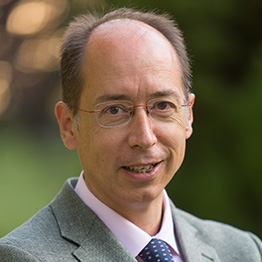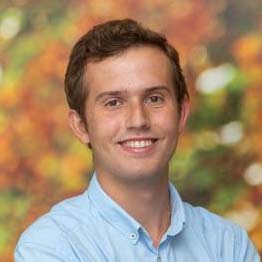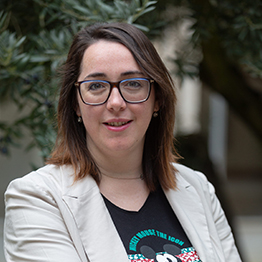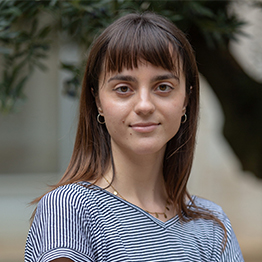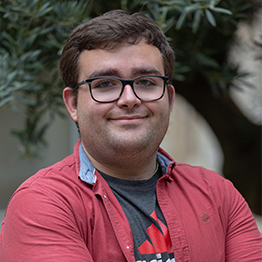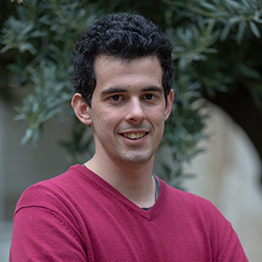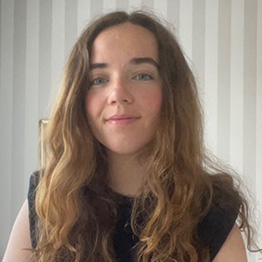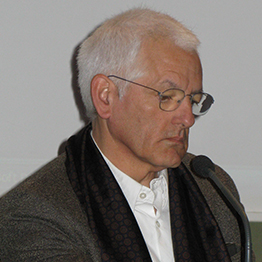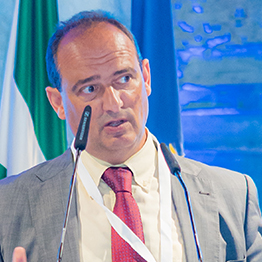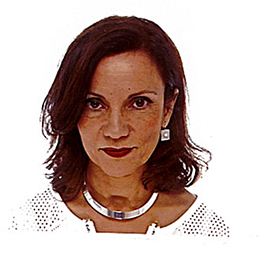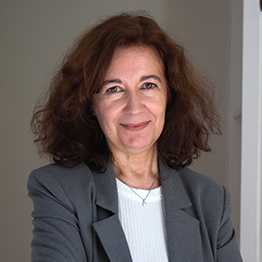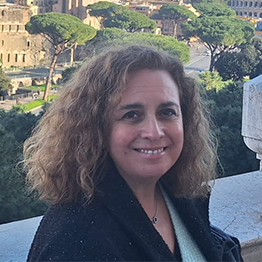Rome Aeterna
13-15 MARCH 2025
II congress of Young Researchers in Antiquity
Ancient History and the Reception of Antiquity
The School of Philosophy and Letters of the University of Navarra organizes the II congress of Young Researchers in Antiquity ROMA AETERNA. After its first edition in 2015 on Classical Archaeology, this new edition adds Ancient History and the Reception of Antiquity in its thematic lines. The topic of the meeting will be "Cities, identities and development urban in Hispania" with a chronological focus between the first century BC and the 1st century BC. A.D. and III A.D. C.
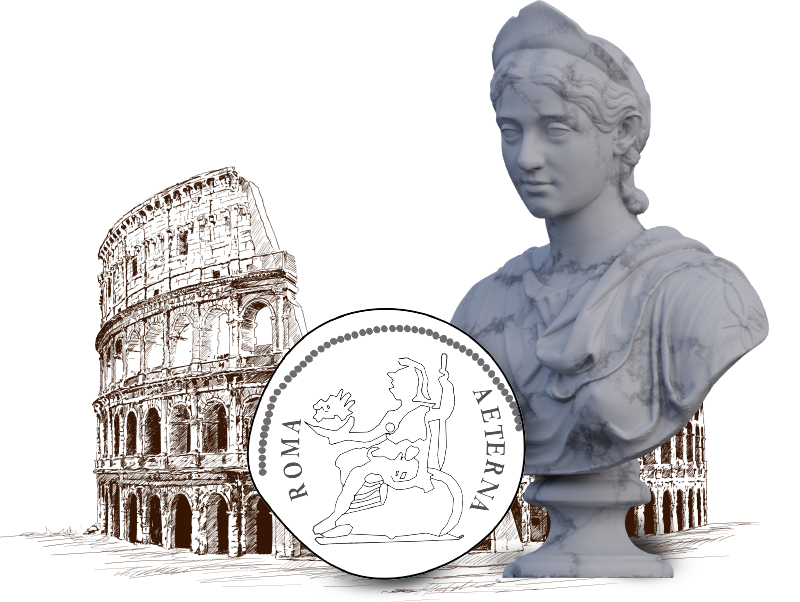
The congress It is structured around three main thematic lines that are reflected in three specific sessions
Ancient history
The papers will address issues related to the ideology of cities or elites and how they contributed to the development of a new scenario in provincial cities. The organization will especially take into account those communications related to the acculturation of pre-Roman ethnic groups and the integration of the imperial cult as an element of identity, as well as the impact that the arrival of primitive Christianity had on the cities and the territory.
Archaeology
Communications will be related to the exploitation of the territory and the development Gender relations in ancient cities, the role of cities in the territory and their commercial connections or the question of the crises of cities at the end of the 2nd - 3rd century AD. The congress prioritize communications that make reference letter to those processes by which the Roman civilization affected the territory and made use of resources from the environment. To this end, those who will be admitted will be admitted. programs of study related to the data archaeological sites provided in medium-small Roman cities and their territory of influence in the area rural. Some of the topics will be public and private architecture, readings of spaces from a gender perspective or programs of study of material contexts, as well as the reorganization of urban planning, integration and remodeling of funerary spaces.
Reception of Antiquity
Papers will include topics such as the relationships between the Classical World and the modern and contemporary eras in political, dynastic and collective identities, as well as the political use of pre-Roman ethnicities. In this sense, papers that study the reception of Antiquity in areas such as Art History or Historiography will also be accepted.
The presentations, especially those related to the Antiquity and Archaeology blocks, will be related to the project of the Ministry of Science and Innovation led by the University of Navarra (PID2022-137312NB-I00) under the degree scroll "Cities, identities and development urban in Hispania (1st century BC - 3rd century AD)".
The congress It will begin on Thursday, March 13, 2025 in the afternoon and end on Saturday, March 15 in the morning, and will be held in person at the Central Building of the School of Philosophy and Literature from the University of Navarra in Pamplona (Navarra). During these days, the presentations will be encompassed in three panels related to the three thematic areas of the congress: Ancient History, Archaeology and Reception of Antiquity.
The face-to-face sessions will be complemented by a visit guided tour of the Roman city of Santa Criz de Eslava (NA) by the scientific-archaeological team of this monumental complex.
The detailed program of the congress will be published once the call for applications has closed. registration.
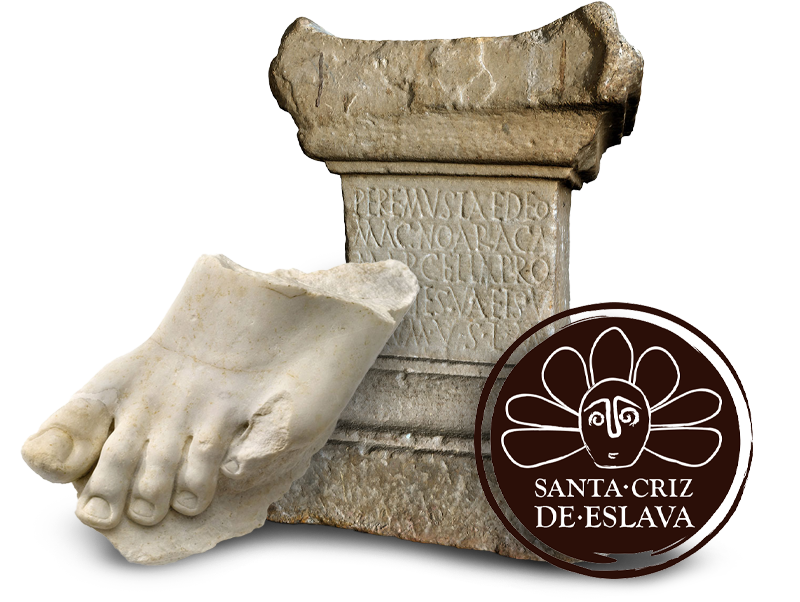
![]()
Intended for students of Master's Degree and doctorate.
registration is open until Friday, December 13 (accepted proposals will be announced on Wednesday, January 15).
![]()
Only one can be submitted proposal by author, including the proposals of several authors, both in Spanish as well as in French, English, Portuguese and Italian.
![]()
The modality of the congress is face-to-face, with a discussion paper 20-minute individual session that must be supported with a presentation digital.
![]()
At the end of each thematic block, there will be additional time to discussion and questions. In addition, each communicator will have to prepare a poster in relation to your exhibition that will be exhibited during the congress.
Javier Andreu Pintado
Full Professor of Ancient History at the University of Navarra
Javier Larequi Fontaneda
researcher predoctoral program at the University of Navarra
Paloma Lorente Sebastián
Predoctoral researcher at the University of Navarra
Luka Iona García de la Barrera
Predoctoral researcher at the University of Navarra
Javier Martinez Sarasate
researcher predoctoral program at the University of Navarra
Gabriel Garza Algaba
researcher predoctoral program at the University of Navarra
Fatima Rodriguez
Predoctoral researcher at the University of Navarra
Javier Andreu Pintado
Full Professor of Ancient History at the University of Navarra
Antonio Duplá
Full Professor of Ancient History at the University of the Basque Country
Dario Bernal
Full Professor of Archaeology at the University of Cadiz
Milagros Navarro
Professor of Archaeology at the University of Bordeaux-Montaigne
Alicia Ruiz-Gutierrez
Professor of Ancient History at the University of Cantabria
Mirella Romero
Professor of Ancient History at the Carlos III University of Madrid




